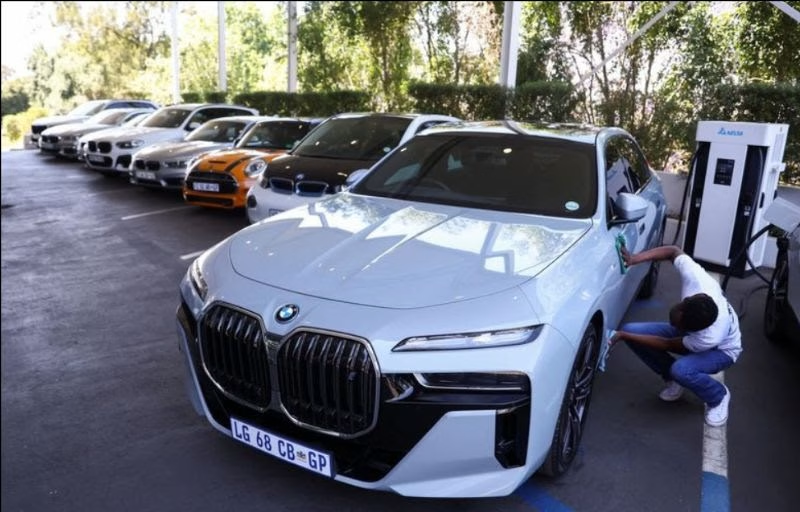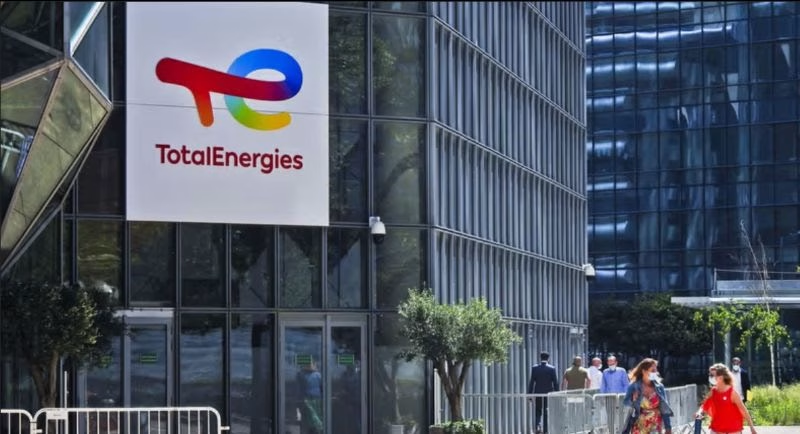By Farida Tiemtore, President of “Les Héroïne du Faso” and recipient of the Voix EssentiELLES in Burkina Faso
The fight to eliminate malaria, one of the deadliest diseases ever to face mankind, is at a major crossroads in which the power of young people is required – to be the generation to end malaria.
The COVID-19 pandemic has put the tremendous progress towards elimination at risk, leading to a marked increase in cases and deaths. The Global Fund, which provides 63% of all international financing for malaria programs, last week sought to replenish its funds to the tune of $18 billion to continue the fight against malaria, HIV/AIDS and TB, with the support of global leaders, multilateral partners, private sector companies, civil society and community-based organizations.
Although the minimum required was not reached, we must not and cannot give up on this elimination goal, which is part of the 2030 Sustainable Development Goals. We must not be discouraged. It is high time to speed up efforts and fight together for what counts.
From an African perspective, Africa accounts for 95% and 96% of all malaria cases and deaths respectively and we failed to meet the goal of reducing malaria cases and mortality by 40% by 2020 – a key milestone to eliminating malaria in Africa by 2030.
In terms of African youth, we are one of the hardest-hit populations. Children under 5 account for 80% of all malaria deaths and when it comes to gender, women’s high work burden in areas where mosquitos are prevalent, they are more susceptible to infection. Sickness from malaria and the burden that women and girls, in particular continue to bear results in lost school hours and productivity in the workplace. Which is particularly problematic for a demographic which contributes substantially to the economy of the African continent.
Malaria is curtailing Africa’s enormous capacity for development, productivity, growth, creativity, opportunity, and progress in what is, home to the youngest population on earth, with 70 per cent of the continent aged below 30. Indeed, according to the World Health Organization (WHO) report, in 2021 malaria has claimed the lives of many more young people than ever before in the last two decades. I It is estimated that malaria is responsible for 50% of the absenteeism rate among school children.
As young people we are more often than not at the very center of major societal shifts, whether it’s human rights, demanding action and inspiring hope on the climate crisis, or finding new local solutions to grapple with an unprecedented global pandemic. We are there.
When it comes to malaria, a treatable and preventable disease for which we know the solutions – we have to say no more and continue in our efforts and actions to end this disease.
According to a recent survey by RBM Partnership to End Malaria, across six African countries, we are the most likely to volunteer our time to support malaria control efforts, for example by distributing mosquito nets or supporting community clean-up activities, even ahead of simply sharing information about malaria on social media.
A quarter also hope to make a difference by calling on national policymakers or engaging community leaders to prioritize malaria. Nearly 90% of youth in these countries already take preventative measures to protect themselves and their families against the disease, except for South Africa where malaria is less common.
Through our direct and bold activism in the policy space, how we show up to volunteer our time to support malaria control efforts and taking up personal responsibility to protect ourselves and our families from the disease – we need to be the generation to end malaria!
Despite progress towards elimination being at risk, there are sharp glimmers of hope for the youth to capitalize on in the future.
Add to this, Africa’s first locally-made malaria drug for pregnant women and children and we can see that we are inheriting a much more hopeful landscape for malaria treatments in Africa, a landscape that is seeing an increase in local manufacturing capacity with sites in Senegal , Rwanda and South Africa coming online as a response to COVID but with the ability to serve other disease areas in the future.
African countries are also initiating programs to increase the number of PhD graduates, helping to strengthen our youth-led research capacities.
As young people, we owe it to ourselves to take this fight into our own hands, asking world leaders and private sector companies to keep up the good work. At the conference, 18 African countries made a pledge, but if we want to eliminate this disease, we need to move from pledges to action; not only making financial commitments but also taking action to strengthen health systems so nobody is left behind. We know that we can and will continue working tirelessly to ensure we end malaria in our lifetime once and for all. We will be the generation to end malaria – we have no other choice.











New Satirical Drama Nya Uriri (Pek Chi Liel) – The Widow’s Burden Sparks Conversations On Widowhood And Inheritance In African Culture